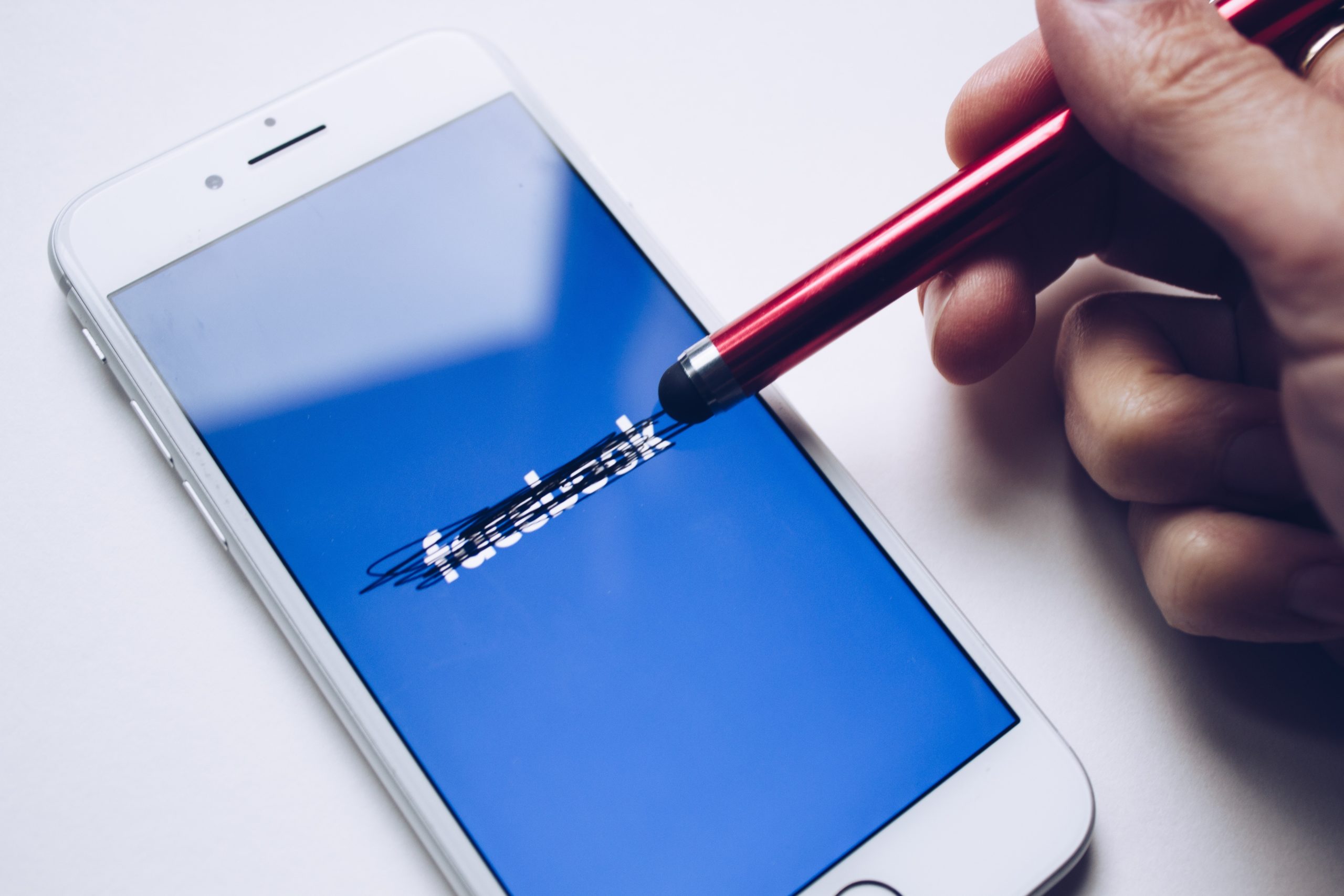
Facebook is no stranger to scandals. Already a source for conspiracy theories and fake news, Facebook is perceived as having one of the worst brand reputations in America. One reason Facebook is loathed is because it’s a hotbed of privacy issues.
How bad is Facebook? It merits an entire Wikipedia article—an article so large, it could be a book. Performative surveillance, stalking, and data mining are just some of the privacy-violating issues that Facebook exhibits.
It was revealed last week that 533 million Facebook users had their personal information exposed—that’s almost 10x the number of accounts exposed compared to the more famous Cambridge Analytica scandal. The breached information includes names, phone numbers, locations, birth dates, and email addresses. It is the second-worst data breach in history.
Here’s the kicker—Facebook is choosing not to inform victims of the vulnerability. That’s right, the company is sweeping everything under the rug—hoping users keep scrolling through their newsfeeds while Facebook continues to play fast and loose with their personal information.
How Should Facebook Be Punished?
Almost certainly, this won’t be Facebook’s last privacy breach. In 2019, due to the Cambridge Analytica breach, the FTC fined Facebook $5 billion for privacy violations. This was the largest ever assessed by the U.S. government for any violation. In addition to the fine, Facebook was given an order to address their illegal conduct. Yet, despite the fines and stiffer regulations, Facebook has decided to remain incredibly cavalier.
There’s no doubt that Facebook should face repercussions. The question is—how large should they be?
Considering the FTC fined Facebook $5 billion for violating the privacy of 87 million users, how much more should they pay for violating the privacy of 533 million users? Based on the last fine, every exposed Facebook user was worth $57.47—that would mean the company would have to pay the FTC over $30 billion for this latest infraction—but even a fine of that magnitude won’t be enough to slow Facebook’s privacy violations. $30 billion is equivalent to one-quarter of Facebook revenue. With profits steadily increasing every quarter and a market cap nearing $900 billion, $30 billion is chump change to Facebook.
However, there is one penalty that could slow Facebook’s continuous privacy violations—breaking up Facebook Inc. (which includes Instagram and WhatsApp). In fact, in the FTC’s latest filing, this is the action they’re recommending. Recognizing that Facebook continues to harm consumers, the FTC is calling for Facebook to divest itself of Instagram and WhatsApp.
But even if this “break up” occurred, how long would it take, and would Facebook indeed improve its behaviour?
The Power of Goodbye
Even with the FTC’s filing and a separate lawsuit claiming Facebook violated antitrust law—it’s hard to believe that any of this will ultimately have a meaningful impact. So, what could bring Facebook to its knees? There’s really only one thing: the masses need to stop using it.
The reason it’s not easy for people to quit Facebook is that it’s become habitual. Something people use every day and if they haven’t been directly impacted by Facebook’s illegal practices, it’s easy enough to look the other way. But like any bad habit, the risks will eventually surface. Leaked information, stolen identities, and targeted scams are just some of the hazards that come with using a platform that doesn’t take their users’ privacy seriously.
Thankfully, there is hope. Our decentralized secure messaging app, Manyone is ready for testing. Manyone allows users to connect and share, on their terms. No more data collection, no more privacy breaches, no more Facebook—just a secure and private network created and controlled by the user, that’s you!
So, if you no longer want your personal data to be at the mercy of Mark Zuckerberg—it’s officially time to say goodbye to Facebook.

